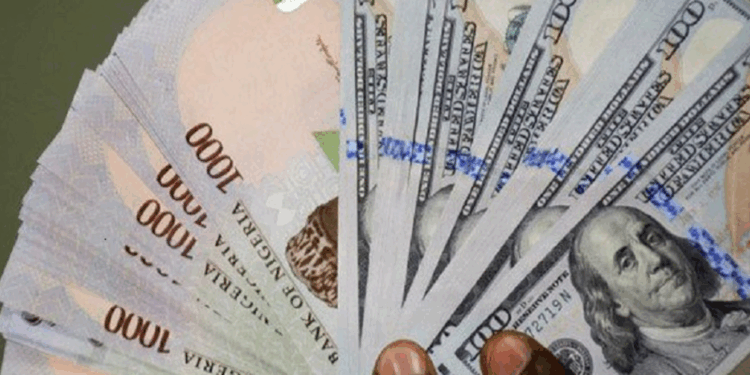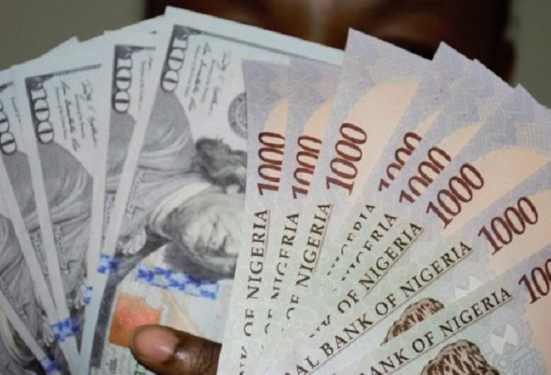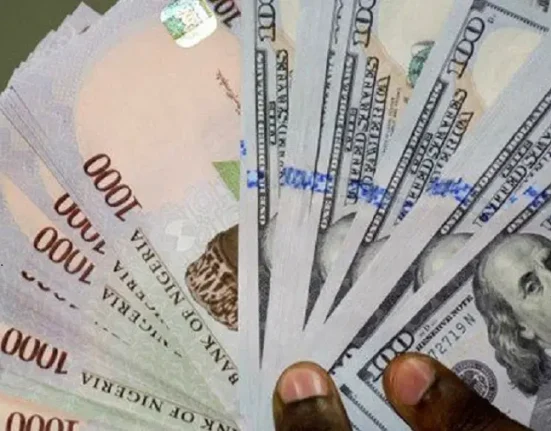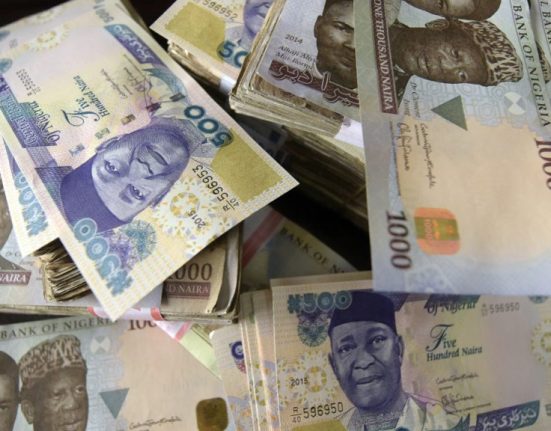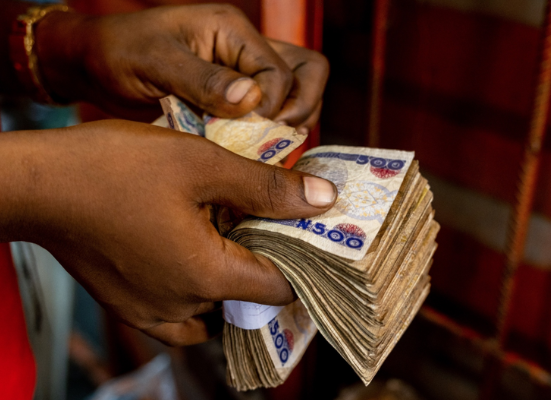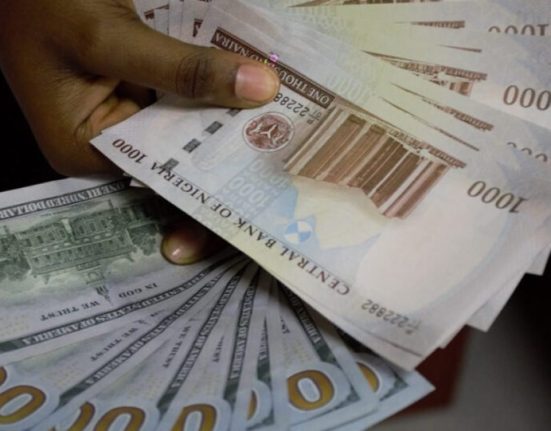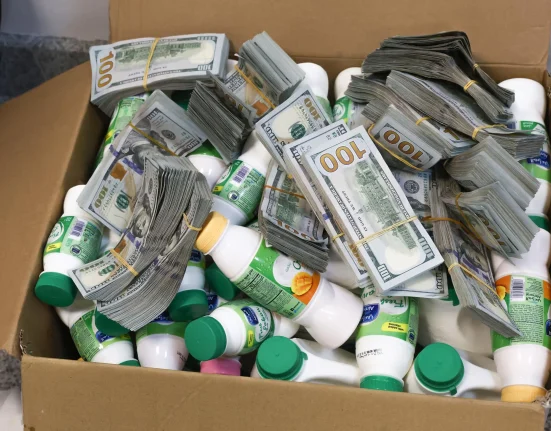Nigeria’s local currency, the naira, has recorded a notable boost on the international stage, following the continued decline of the US Dollar Index, which recently slumped to fresh lows amid shifting global market dynamics. The development marks a double win for the naira, as it gains ground both in the official and parallel foreign exchange markets, buoyed by improved macroeconomic confidence and favourable international trends.
Financial analysts attribute the weakening of the US dollar to recent economic data out of the United States, which pointed to slowing growth and raised expectations of interest rate cuts by the US Federal Reserve. This sentiment triggered a broader sell-off of the greenback across global markets, allowing emerging market currencies, including the naira, to claw back some lost value.
In Nigeria, the naira responded positively, appreciating modestly at the official Investors’ and Exporters’ (I&E) window, where it traded at stronger rates against the dollar. Similarly, in the parallel market, reports indicate that the naira gained a few naira per dollar, offering some relief to importers and businesses burdened by high foreign exchange costs.
Market watchers also noted that renewed efforts by the Central Bank of Nigeria (CBN) to stabilise the FX market, such as enhanced dollar supply, clampdowns on speculation, and reforms in the Bureau De Change sector, are contributing to improved market confidence. The timing of the US dollar’s decline has only amplified the effect, creating a rare moment of respite for Nigeria’s embattled currency.
Economists, however, have cautioned that while the weakening dollar presents a window of opportunity, it should be seen as a temporary advantage unless Nigeria strengthens its own fundamentals. They advise that now is the time for the government to double down on policies that boost non-oil exports, attract foreign investment, and improve productivity, to ensure the naira’s gains are sustainable in the long term.
As global investors continue to adjust their positions in response to the dollar’s retreat, developing economies like Nigeria may enjoy a short-term reprieve. But the true test, experts say, will lie in the government’s ability to use this period strategically to shore up confidence and deepen economic resilience.
The naira’s current momentum, coupled with the dollar’s slide, is a welcome development for Nigerians facing inflationary pressures. Yet, as with all currency shifts, the sustainability of this trend will depend on consistent policy implementation and global economic stability.

